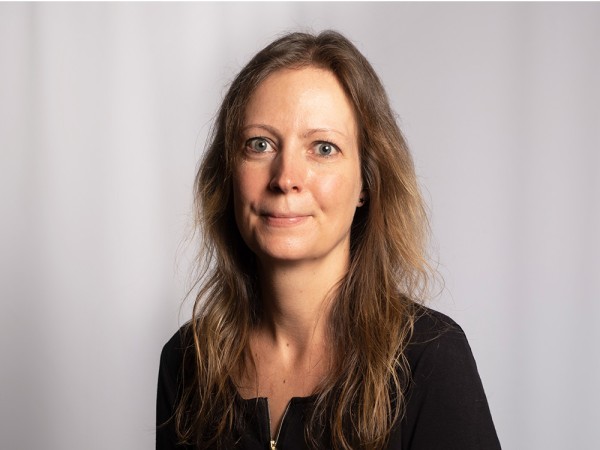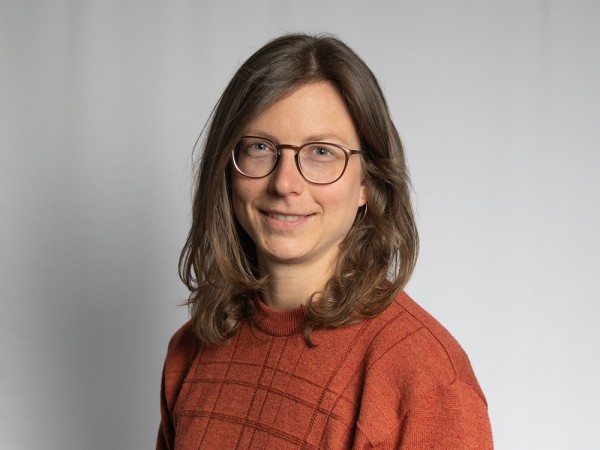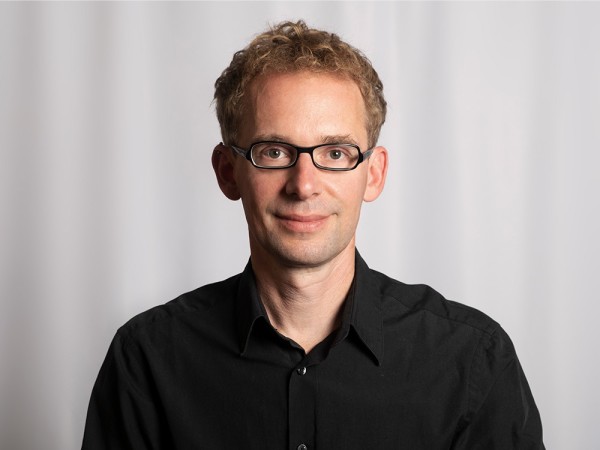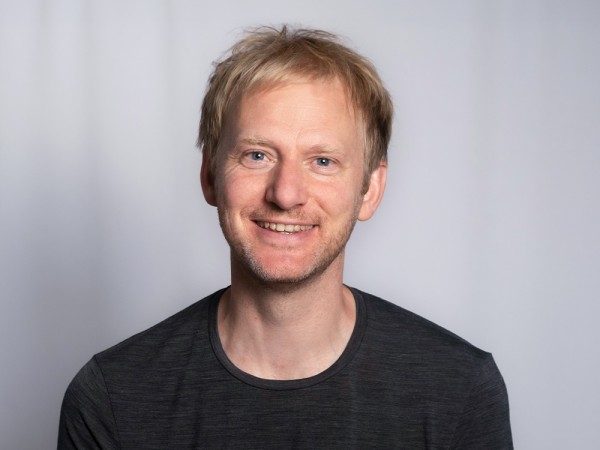Reliability and Effectiveness of Integrated Alternative Water Resources Management for Regional Climate Change Adaptation
Climate stress is water stress. The negative effects of climate change are demonstrated through water, and can be seen in the increasing frequency of droughts, storms, or other natural disasters. On top of climate change, population growth and non-integrated management are contributing to water scarcity. The quality and quantity of conventional water resources, such as surface water and groundwater, are negatively impacted. To improve the resiliency of water management systems, alternative water sources (AWR), such as desalination or water reuse, should be more often considered in the design of water management plans.
RECREATE aims to improve the resilience of water supplies and protect the status of natural water resources by facilitating the assessment and inclusion of AWR in local and regional water management planning for water scarce regions. The project also aims to increase awareness and acceptance of and trust in the fundamental role of AWR in climate change adaptation. In collaboration with 11 partners across 3 European bioregions, RECREATE includes 4 regional case studies which look at digitalising the water cycle for integrated water management. The case studies include pilot- or full-scale technologies investigated in prior or concurrent projects, which enables partners to build on existing work while optimising efforts and maximising impact.
The project will produce the RECREATE_WT Digital Decision Support Framework. This tool will compile insights on innovative treatment technologies and assess regional water dynamics while considering health risks, local context, and management strategies. It will provide a decision matrix for pathway creation, acting as a knowledge orchestrator and decision theatre for co-designing water resource planning to include AWR.
Within RECREATE, KWB leads the work package on alternative water use risks and potentials. After mapping regulations, drivers, barriers and risks for AWR, KWB will further develop the quantitative chemical risk assessment tool developed in the PROMISCES project by including additional AWR, chemicals, and uses of water into the tool. KWB will also identify synergies between integrating new technologies required for the EU Water Reuse Regulation and the revised Urban Waste Water Treatment Directive (UWWTD) with existing wastewater treatment infrastructure.
Additionally, KWB will assist the Kalundborg case study in Denmark with setting up an integrated water management strategy for the industries in the Kalundborg Symbiosis via multiple AWR with the aim of providing the industries with the quality of water needed for different industrial processes in a long-term, sustainable way. This builds upon our longstanding cooperation on resource and water recovery in Kalundborg (see NextGen and ULTIMATE projects). Minimising the overall environmental impact from both water extraction from conventional sources as well as from discharged wastewater treatment plant effluent is another goal. Additionally, together with Eurecat, KWB is responsible for the scientific and risk monitoring of RECREATE.
RECREATE will produce an interdisciplinary approach, considering regional nuances, cultural factors, and socio-economic barriers. It assesses water scarcity, identifies suitable resources, and allocates fit-for-purpose water quality for proactive, informed, and future-oriented decision-making.
When embedding this video, cookies from third parties may be set. You must agree to this if you want to watch the video. You can change your decision later in the privacy settings.








